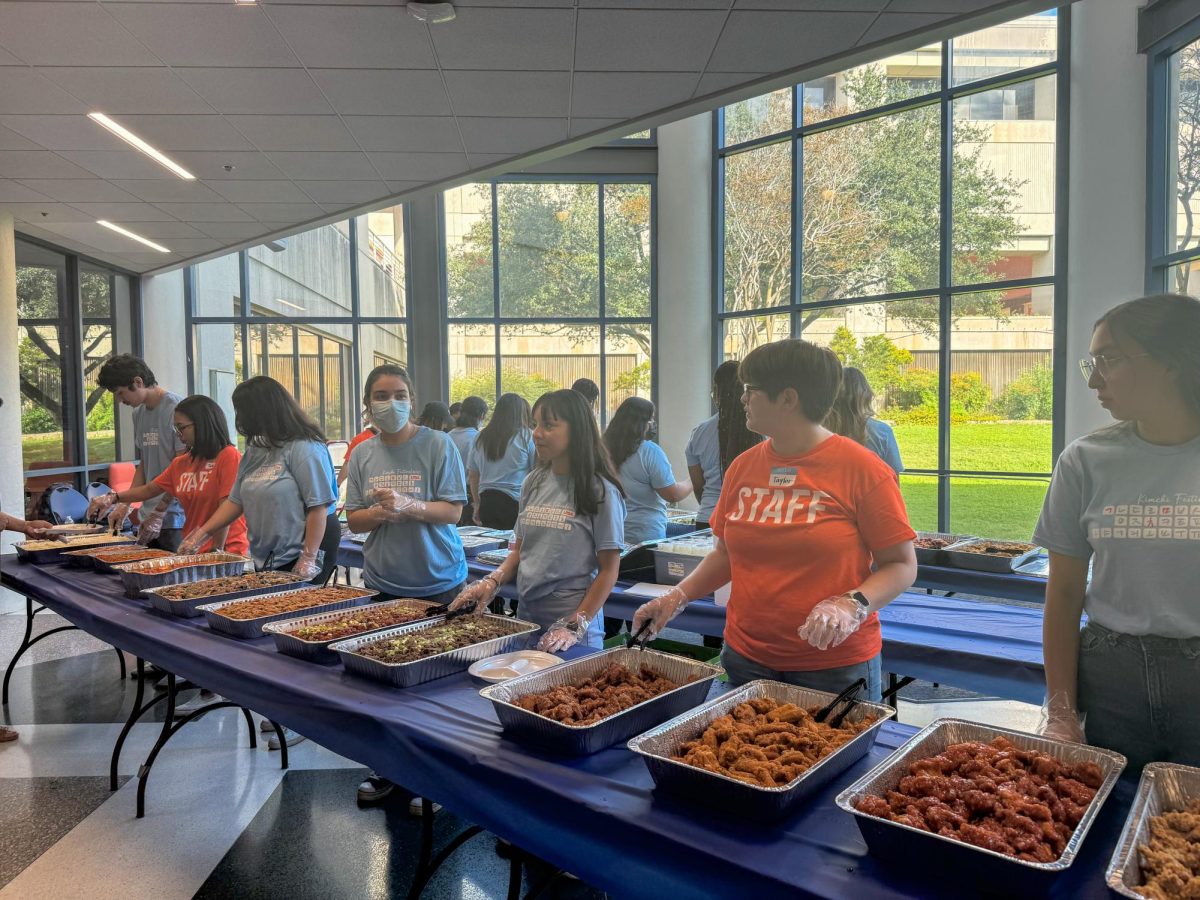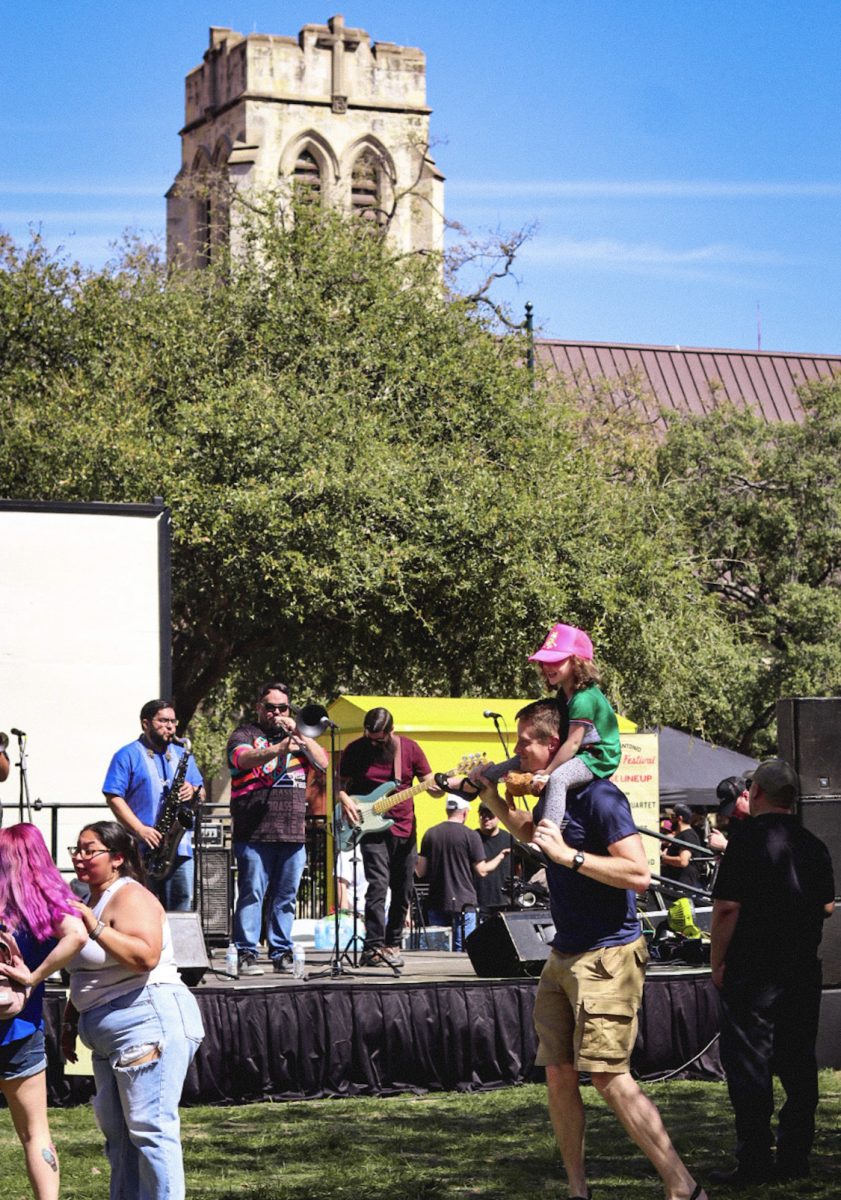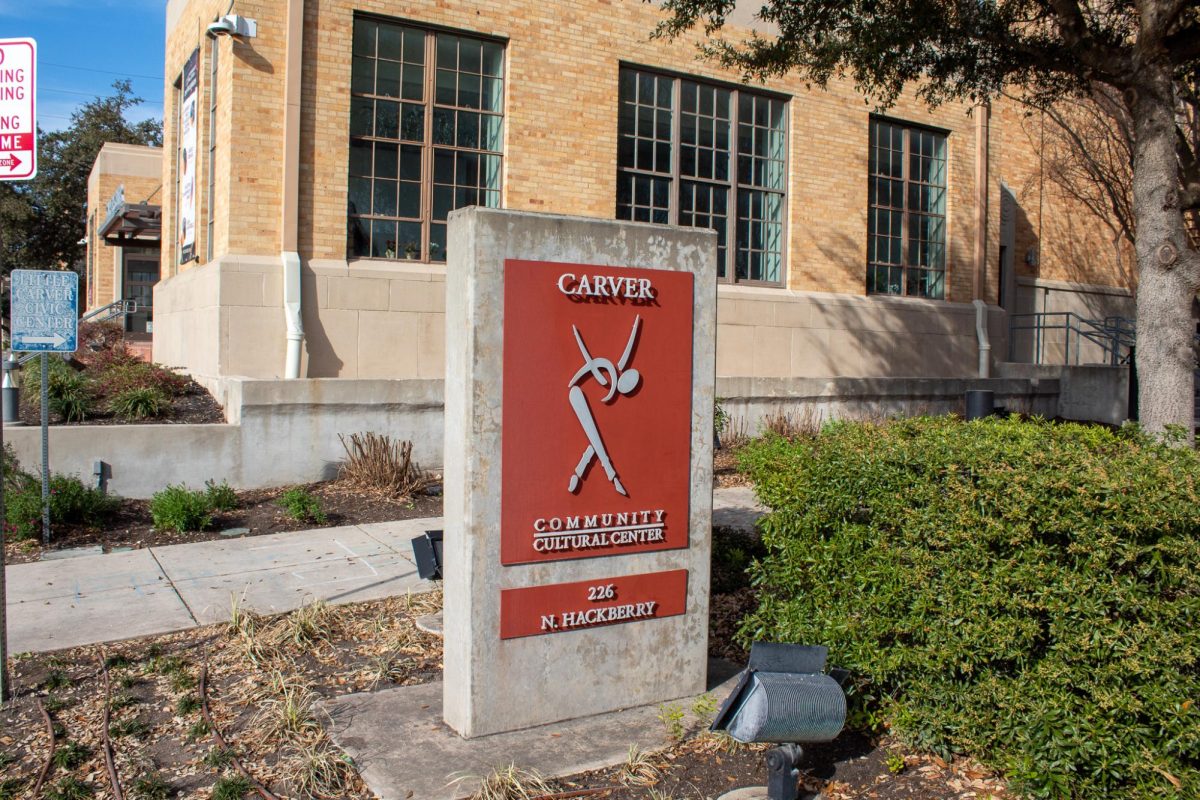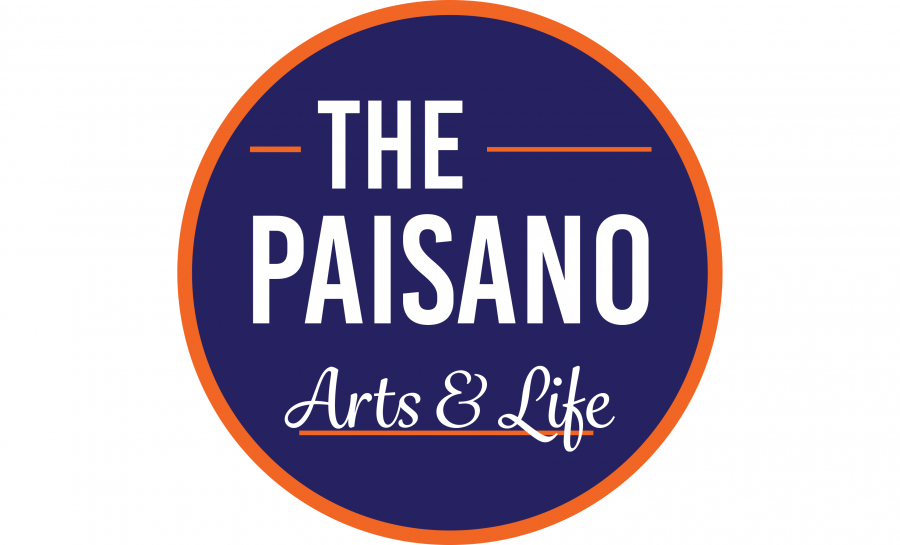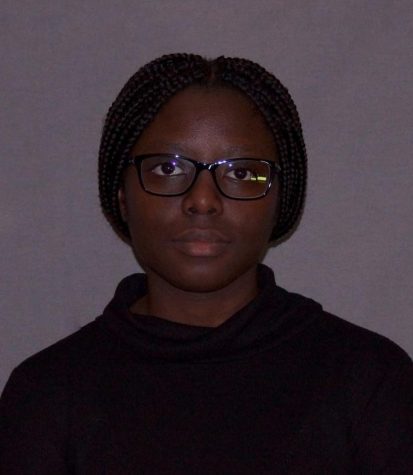On Nov. 4, the Kimchi Festival hosted by the Department of Modern Languages and Literatures took place in the Student Union. Sponsored by the Korean American Association of San Antonio, the Korean American Cultural Center of San Antonio (KACCSA) and the Consulate General of the Republic of Korea in Houston, the festival provides locals an opportunity to experience Korea right at home.
Started by the now-defunct UTSA East Asia Institute in 2011, the event aims to promote Korean culture by presenting the cultural symbols that make Korea what it is. Despite the name, the Kimchi Festival is more than making the dish it is named after; however, that does not take away from its importance.
“If you look at a Korean dining table, kimchi is always there,” Deuk Hee Gong, associate professor of practice in the UTSA Department of Modern Languages and Literatures, said. “[The original creators] used kimchi as a symbol of Korean culture.”
When the UTSA East Asia Institute was discontinued, the Department of Modern Languages stepped up to host the event, realizing its importance to the wider community. Open to the public, anybody can experience a small taste of Korean culture they might not have otherwise experienced.
“This event is helpful [by offering] people [the chance] to experience not just Korean food. The culture includes many things,” Gong stated. “Many people, although they’re interested in Korean culture, don’t have many chances to visit.”
From a gimbap cooking demonstration by professional chefs to hanbok origami making, the various booths provided insight into activities, music and foods regularly enjoyed by Koreans. One notable example is Tuho, a traditional Korean game where players take turns throwing arrows into a pot. As easy as it may sound, the game is quite difficult and requires a lot of precision. This trend existed for many booth games like Jegi Chagi, Korean hacky sack, and Paengi Chigi, a game involving a spinning top.
In addition to the booths, a ceremony was also held that featured remarks from Consul General Young Ho Jung, a taekwondo demonstration from the National School of Martial Arts and a traditional flower crown dance and Korean drum dance from the KACCSA Kids and Adult dance teams. The UTSA Korean Culture Club performed a rendition of HWAA by (G)I-DLE, which features traditional Asian instruments in its arrangement, while Sharon Baik and Eric Kim sang “Breathe” by Lee Hi, a song written and in part composed by the late Jonghyun.
All of the performances and booths showed a different side to Korean culture, showcasing how multifaceted it is beyond what is usually thought of it. From the simple yet frustrating nature of games like Jegi Chagi and Tuho to the light yet hidden heaviness of “Breathe,” a greater appreciation can be found. Beyond the festival, those seeking more knowledge can find it in the Korean program here at UTSA or locally.
“We have several Korean culture and language courses. We would like to create some interesting courses using Korean popular culture like films because these are really good tools to teach not only our language but also Korean culture,” Gong stated. “We try our best to create a good curriculum to effectively teach.”
For more information about the Korean program at UTSA, contact Deuk Hee Gong at [email protected].






